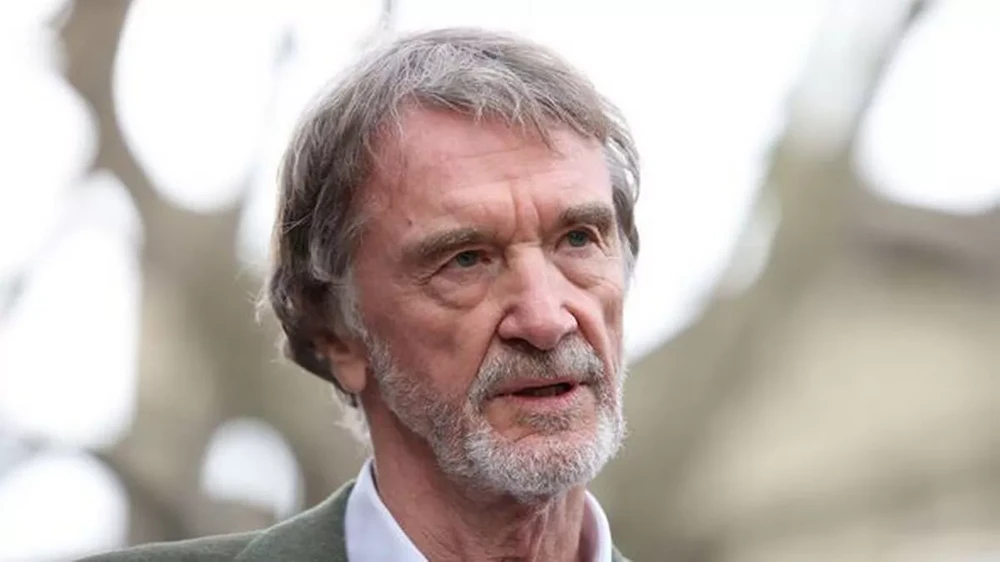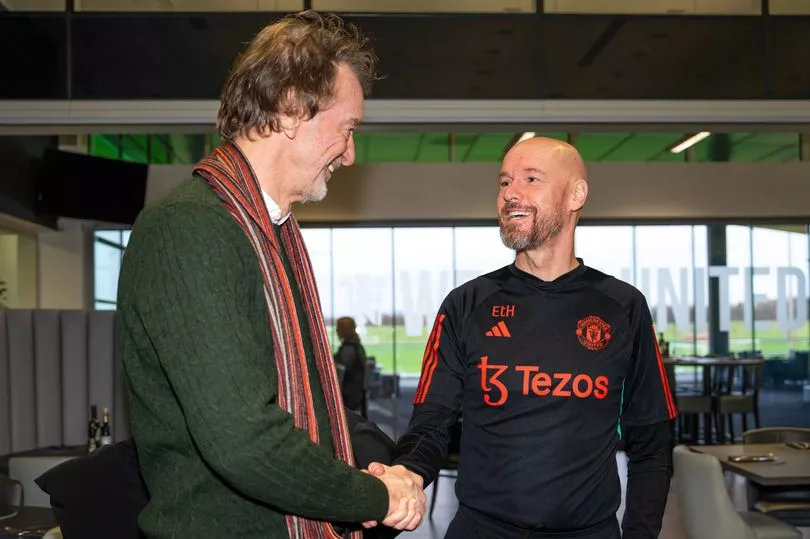Manchester United has devoted considerable resources over the span of 11 years in search of a suitable successor to Sir Alex Ferguson’s managerial reign. However, the efficacy of Erik ten Hag as the current manager remains uncertain. The financial toll of this pursuit is evident, with approximately £57 million expended on managerial changes since 2013, coinciding with Ferguson’s retirement.
This expenditure, though substantial, is but a fraction of the colossal £1 billion invested in player acquisitions during the same period. Nevertheless, the correlation between these managerial transitions and the club’s lavish spending underscores a systemic issue. Sir Jim Ratcliffe, in his deliberations regarding further investment, must grapple with this conundrum.
The imminent future of Erik ten Hag hangs in the balance as he approaches the denouement of the season. His continuation beyond the current term hinges on a commendable finish, given the terms of his contract inked in 2022. Should Ineos opt for a managerial change as part of their restructuring initiative, severing ties with Ten Hag could entail an expenditure of around £10 million.

Ten Hag would join a list of predecessors who departed with significant compensation packages, aggregating to nearly £60 million according to United’s financial records. The precedent includes David Moyes (£5 million), Louis van Gaal (£8 million), Jose Mourinho (£20 million), Ole Gunnar Solskjaer, and Ralf Rangnick (combined £24 million).
Despite the substantial outlay, the return on investment has been modest, yielding only two trophies under five managerial tenures. While Ten Hag secured a third trophy by clinching the Carabao Cup last season, his future remains uncertain amidst ongoing scrutiny.
The prospect of replacing Ten Hag entails not only additional managerial expenses but also potential outlays on player recruitment. This perpetuates a costly cycle wherein successive managers seek to imprint their vision on the squad, as evidenced by Ten Hag’s expenditure of £400 million across two transfer windows.
Moreover, the dilemma extends beyond managerial transitions to strategic squad-building decisions. The fate of existing talents like Antony, Casemiro, and Tyrell Malacia poses a conundrum for any incoming manager tasked with reshaping the team.
Ultimately, the saga underscores the imperative of prudent decision-making and strategic foresight in managerial appointments. While Ten Hag’s tenure may yet yield positive results, the club must learn from past missteps to ensure future stability and success. As the pivotal moment approaches regarding Ten Hag’s future, any decision must be decisive and aimed at breaking the cycle of managerial turnover.


